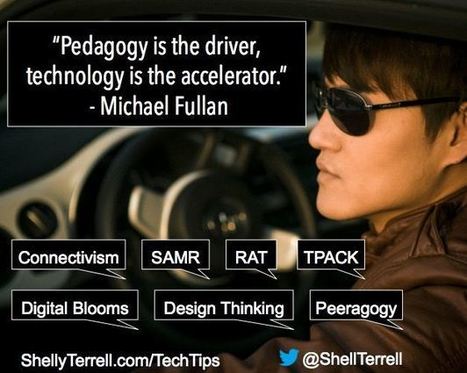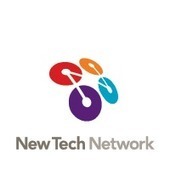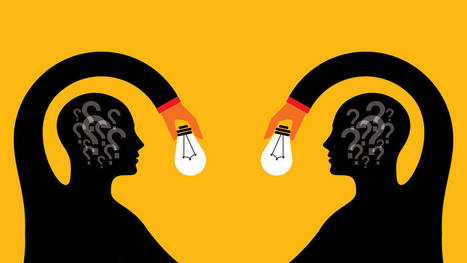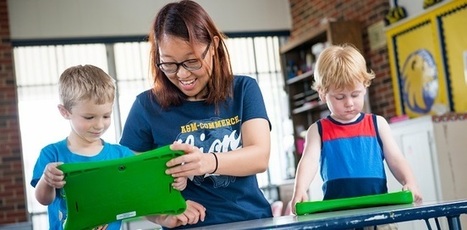You’re committed to equity and inclusion. You’ve been educating yourself about how higher ed systemically and systematically privileges some and disadvantages others, while working to create a just and equitable experience for minoritized students. Active learning pedagogies are already part of your toolbox, and you support your department’s ideas on curricular change. Still, you aren’t quite sure how to translate your commitment into further action. What’s next?
The following article identifies four pedagogical strategies for creating and delivering the equity-minded course you’re seeking. I suspect at least several of these are already familiar to you, so I’ve also included suggestions for how to extend and deepen your use of them. They are presented in no particular order; start with which ever one makes sense for you, your students, and the content you teach.
Get Started for FREE
Sign up with Facebook Sign up with X
I don't have a Facebook or a X account

 Your new post is loading... Your new post is loading...
 Your new post is loading... Your new post is loading...
Current selected tag: 'pedagogical strategies'. Clear
While pursuing our teaching degrees we were introduced to various learning theorists and their insights about how people learn best. Some familiar names, included Piaget, Bandura, Vygotsky, and Gardner. Although understanding these theories is still important, we also need to become familiar with theories, models, and approaches, which provide us insight on how technology, social media, and the Internet impact our learning. Digital learning theories and approaches, such as RAT, SAMR, TPACK, Digital Blooms, Connectivism, Design Thinking and Peeragogy, help teachers develop curricula that gets students to use technology to research, curate, annotate, create, innovate, problem-solve, collaborate, campaign, reform and think critically. These are skills I outline in my book, Hacking Digital Learning Strategies with EdTech Missions. 1 Via Dean J. Fusto
All of us face new realities that threaten our pedagogy.. But it is often in the midst of those pressures that new pedagogies flourish.
Schools are being challenged to provide students with a more authentic, relevant and student centred learning opportunity. However, the yard stick for school success in NSW at...
Hybrid Pedagogy is an academic and networked journal of learning, teaching, and technology that combines the strands of critical pedagogy and digital pedagogy to arrive at the best social and civil uses of technology and digital media in education.
It goes without saying that technology is changing education. Children’s brains are being rewired, universities are being threatened with extinction, and we will be in serious trouble if we ignore the transformative power of new technologies. We live in an information/knowledge economy where we are constantly connected to networks of information, our experiences become more and more mediated. It seems that technology changes everything, including education. |
Regardless of one’s academic discipline or the courses that we teach, college faculty members share a responsibility to prepare our students for success in our courses and academic programs, their professional careers, and ultimately, for life in general. While this is a seemingly formidable challenge, it is one that we, as members of the teaching profession, are called to embrace and achieve.
In recent decades we’ve seen the rise of an emerging interdisciplinary field that brings together neuroscientists and educators. As technologies like brain mapping and scanning continue to advance our understanding of the human brain, a sub-sector of experts are applying those findings to the classroom.
Failure is wholly personal; we should not develop a rhetoric around its positive attributes for adoption in a formal education system.
by Poppy Gibson. Augmented Reality (AR) is cutting-edge technology that allows for a digitally enhanced view of the real world, uncovering hidden images, videos and texts to the user when the 'trigger' (or 'marker') image or item is scanned by a camera, adding layers of digital information directly on top of objects around us. |

















